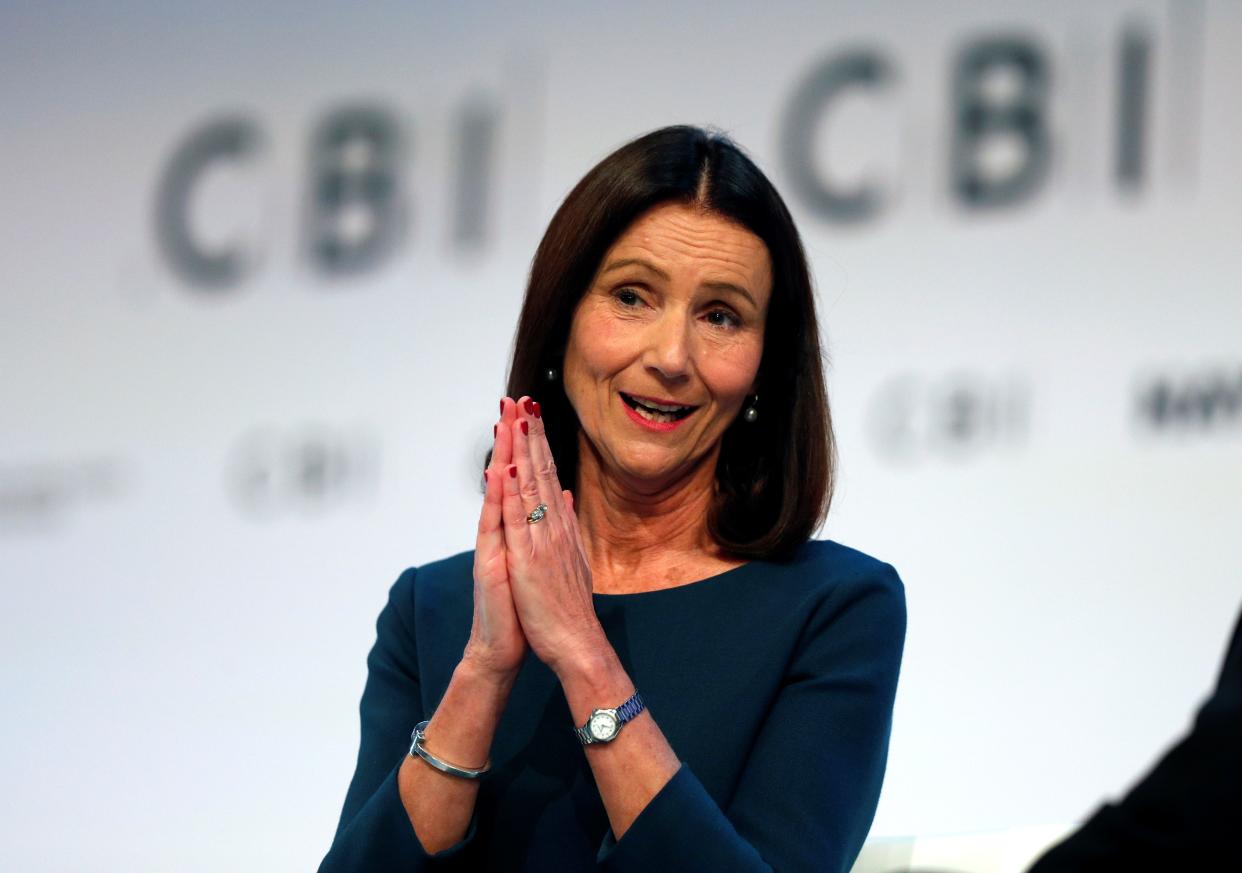CBI asks new UK prime minister to do the near-impossible to save post-Brexit economy

Securing a Brexit deal should be a “top priority” for the next UK prime minister, according to one of Britain’s leading business groups.
The Confederation of British Industry (CBI) published its business manifesto on Monday, a wish list aimed principally at Boris Johnson as the candidate tipped to be sworn in as Britain’s new leader this week.
The new manifesto includes backing HS2 and a third runway at Heathrow, increasing infrastructure and research spending, allowing higher immigration and rethinking GCSEs.
The CBI warned of “stumbling growth and weak business confidence” amid heightened uncertainty over Brexit, and its director general Carolyn Fairbairn said leaving without a deal would be “seriously damaging.”
But such pleas for a deal from the CBI and many other business figures look increasingly like demands for the near-impossible.
READ MORE: Pound choppy as Hammond threatens to quit the government
The next prime minister will inherit the same divided parliament that sunk Theresa May’s efforts to push through a deal with Brussels.
The Conservatives’ majority to get Brexit legislation through is wafer-thin, and includes both hardline pro-Brexit allies in the Democratic Unionist Party (DUP) and anti-Brexit rebels.
Johnson or his rival Jeremy Hunt are likely to struggle to secure the backing of a majority of MPs for their vision of Brexit, whatever form it takes.
The EU’s unwillingness to reopen talks on the withdrawal agreement suggests there is little scope for Johnson or Hunt to negotiate new concessions that would make a deal acceptable to enough MPs.
Both candidates have also limited their own room for manoeuvre by dismissing a key compromise that could help secure a breakthrough – accepting the EU’s favoured ‘backstop’ plan to prevent a hard border on the island of Ireland.
The pair have also made clear they do not wish to fight an election before delivering Brexit, another option which could help break the deadlock in parliament.
READ MORE: Sajid Javid favourite to replace Hammond as next UK chancellor
They have dismissed calls for a second referendum too, which some Leave and Remain supporters alike believe could give a clearer mandate to one side.
And they have shown little signs of enthusiasm for winning over opposition MPs to secure cross-party support for a softer Brexit deal.
Johnson in particular has trapped himself in an even smaller box by saying Britain should leave on 31 October “come what may.”
It means time for negotiation within the government, across party divisions or with Brussels, as well as time for an election or referendum, is running out fast.
All these issues mean the chances of Britain crashing out of the EU without a deal have risen significantly over the past few months. Many business leaders have taken to the airwaves to voice their despair and even rage at politicians over the past three years.
The rhetoric of Boris Johnson – who could be unveiled Britain’s new prime minister within the next few days – suggests businesses need to seriously step up their no-deal planning, and step it up fast.

